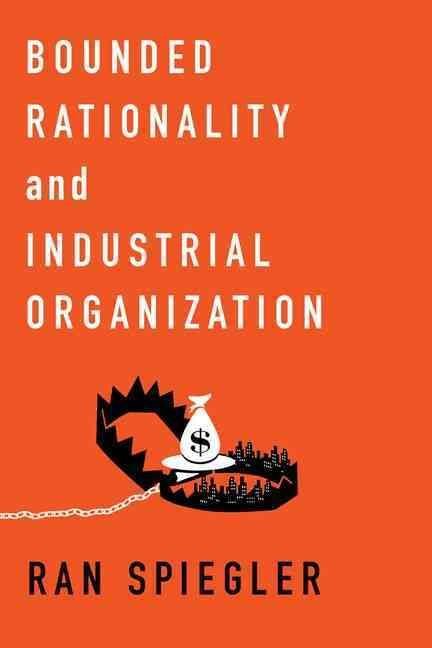This book provides an analysis of the politics of consumption and how the ’educated consumer’ plays a vital role in advancing responsible market practices and consumption. Based on a comprehensive interdisciplinary perspective, it explores the extent, drives and links of boycotting, buycotting, labelling schemes and Corporate Social Responsibility (CSR) in 20 European countries. A central question addressed is whether macro-societal patterns of orientation concerning the roles of the state, companies and citizens can explain individual and cross-national differences in boycotting and buycotting. As the book shows, there is not one type of ‘political consumer’, but several, and their occurrence is directly connected to national variations of labelling schemes and Corporate Social Responsibility. Consumers need reference points and information on the political backgrounds of purchases, and policy makers must address that need through political measures which fit to the national patterns in views about cooperation and market relationships.












